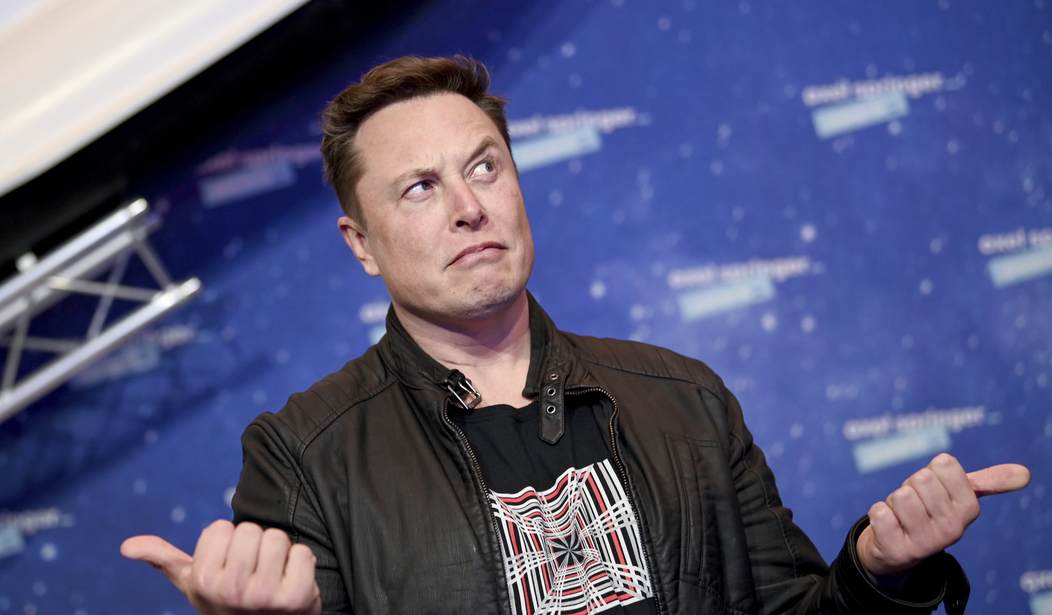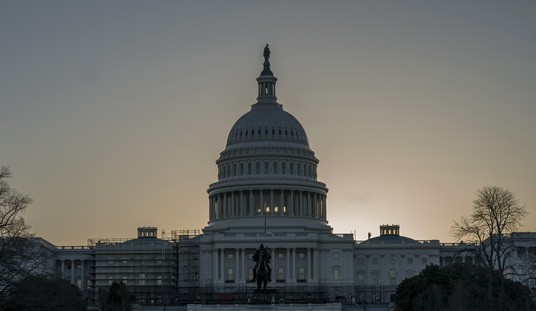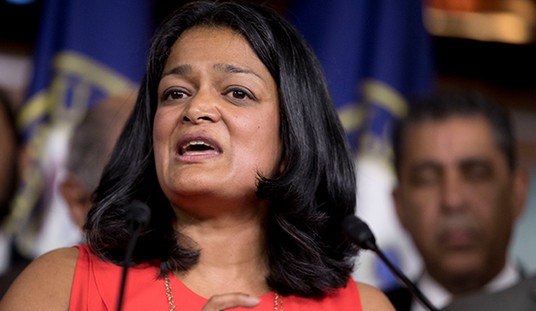Tesla/SpaceX CEO and majority stockholder of Twitter, Elon Musk, might be out for more than just ownership of Twitter. According to one businessman, Musk’s goal might be to free corporations from an oppressive leftist movement currently infecting many businesses.
According to the Daily Wire, Vivek Ramaswamy sat down with John Bickley and Georgia Howe on the “Morning Wire” podcast where he revealed that Musk’s recent denial of a board seat on Twitter is likely Musk attempting to own over 15 percent of the company, or in other words, a “hostile takeover” over the social media brand overall.
It was then that Ramaswamy pointed out that Musk has expressed, very openly, that he dislikes a movement that’s been plaguing corporate America for some time called the Environmental, Social, Governance (ESG) movement, which he defined as a “political ideology that says that companies are supposed to take action to advance particular agendas.”
The ESG movement is responsible for a lot of the decisions by corporations to enact social justice actions such as environmental policies that please the church of climate change, diversity and equity quotas and focuses, and more. The ESG movement looks to slowly takeover companies through political and social pressure until they effectively become message carriers for leftist politics as reported by the Daily Wire:
ESG essentially acts as an end-run around the constraints of politics and lawmaking by targeting the market, “where people work, where they bank, where they invest” to achieve particular ends, Ramaswamy said.
He continued, saying that although much focus is on the non-investment angle of ESG, the issue isn’t that companies like BlackRock are “divesting from companies like Exxon,” it’s that they are “invested in companies like Exxon, and they vote for actually new boards of directors as they did last year, voting for three new board members, that changed the purpose of that company.”
This “is distorting the behavior of companies across corporate America,” he added, “in part because BlackRock and State Street and Vanguard, those are the three largest asset managers, they don’t actually represent the shareholders. They’re not the shareholder; they’re the stewards of other people’s money. Everyday citizens’ money. What makes the Elon Musk move really interesting is he’s showing up as an actual shareholder with his money. Now, the top shareholder of Twitter, who’s going to say that I actually, as the shareholder and owner of the company, want to see that company heading in a different direction.”
Ramaswami may be on to something here. Musk has openly denounced the ESG movement very recently, saying that the movement “should be deleted if not fixed.”
(READ: Elon Musk Weighs in on How Woke Culture in Corporations Is Going Too Far)
This was in response to Ark Invest director Brett Winton who complained that ESG framing is backward-looking, subject to political whims, and is focused more on box-checking than actually helping companies make an impact. Through this pressure they seize board seats and begin altering the company from within, making it more of a leftist entity than a business focused on what its purpose is. It’s a movement Musk wholly rejects, and one that he may be attempting to counter.
As RedState reported on Monday morning, Musk purposely turned down the Twitter board seat he was invited to, causing people to wonder if the entire purchase of Twitter stock was an elaborate troll meant to drive up the price of the Twitter stock and make Musk more money, but it was revealed that the board seat came with limitation. Board members couldn’t own more than 14.9 percent of the company.
Twitter offering Musk a board seat was effectively a trap that Musk didn’t fall into. He doesn’t want a slice of the cake, he wants the cake.
If this is true, then it’s likely Musk will takeover Twitter and proceed to undo and destroy the ESG influence over the company. Moreover, if he does do this, then he may set a precedent for other corporations who might be influenced to resist the ESG movement.















Join the conversation as a VIP Member